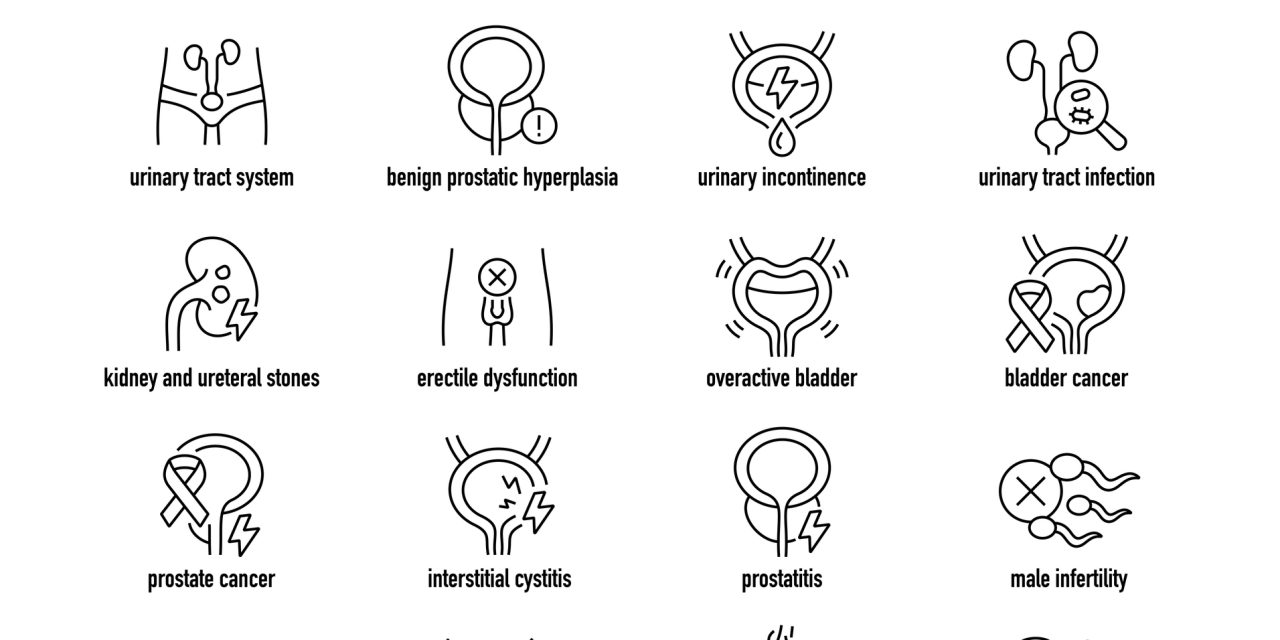Life expectancy for people with traumatic spinal cord injury (SCI) is increasing due to advances in treatment methods and in neuro-urology. Thus, developing urinary bladder cancer (UBC) is gaining importance.
Single-centre retrospective evaluation of consecutive in- and out-patient data with spinal cord injury between January 1st, 1998 and December 31st, 2018 was carried out and data were compared with UBC data of the German population from the German Centre for Cancer Registry Data at Robert Koch Institute.
A total of 37 (4 female, 33 male) out of 7004 patients with SCI were diagnosed with histologically proven UBC (median follow-up 85 months). Median age at UBC diagnosis was 54.0 years (general population: 74 years). The SCI patients had significantly (p < 0.0001, each) more frequent muscle-invasive tumors (81% ≥ T2) and unfavorable grading (76% G3), compared to the general population. Median survival was 13 months for transitional cell carcinoma (n = 31) and 4 months for squamous cell carcinoma (n = 5) (p = 0.0039), resp. The median survival of the 24 cystectomized patients was 15.0 months. Long-term suprapubic or indwelling catheterization was found in only eight patients for a total of only 5.09% (median 15.5 months) of the latency of all patients. No significant differences for T category and grading were observed between the bladder emptying methods intermittent catheterisation and catheter-free voiding.
The results indicate that in patients with SCI bladder management even without permanent catheterization represents a considerable risk for the development of UBC.
Traumatic spinal cord injury confers bladder cancer risk to patients managed without permanent urinary catheterization: lessons from a comparison of clinical data with the national database.


